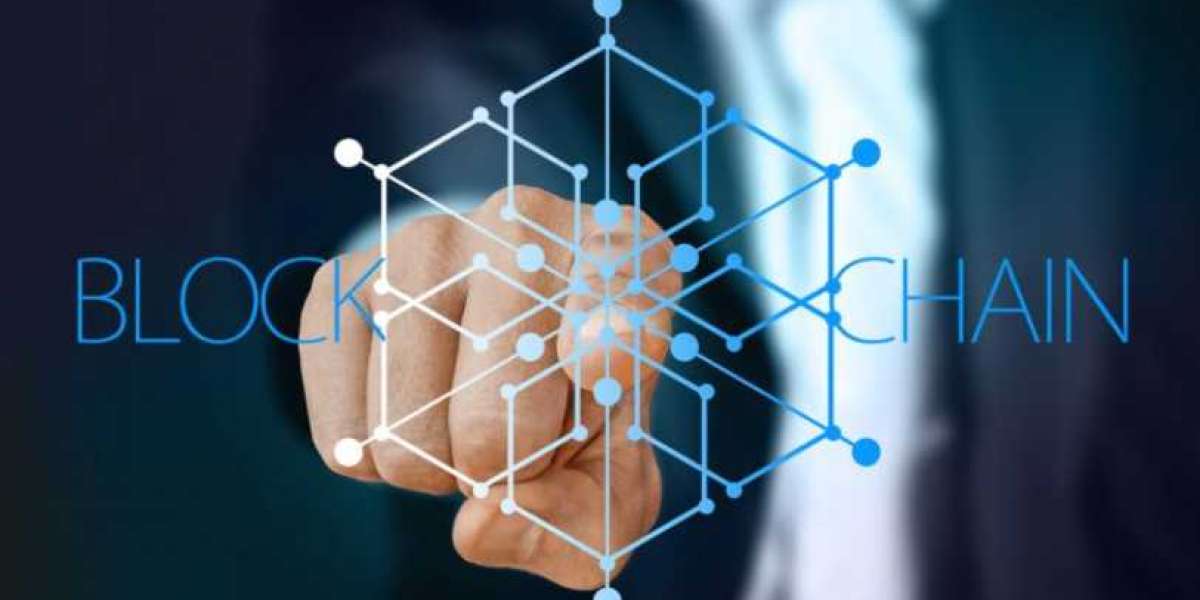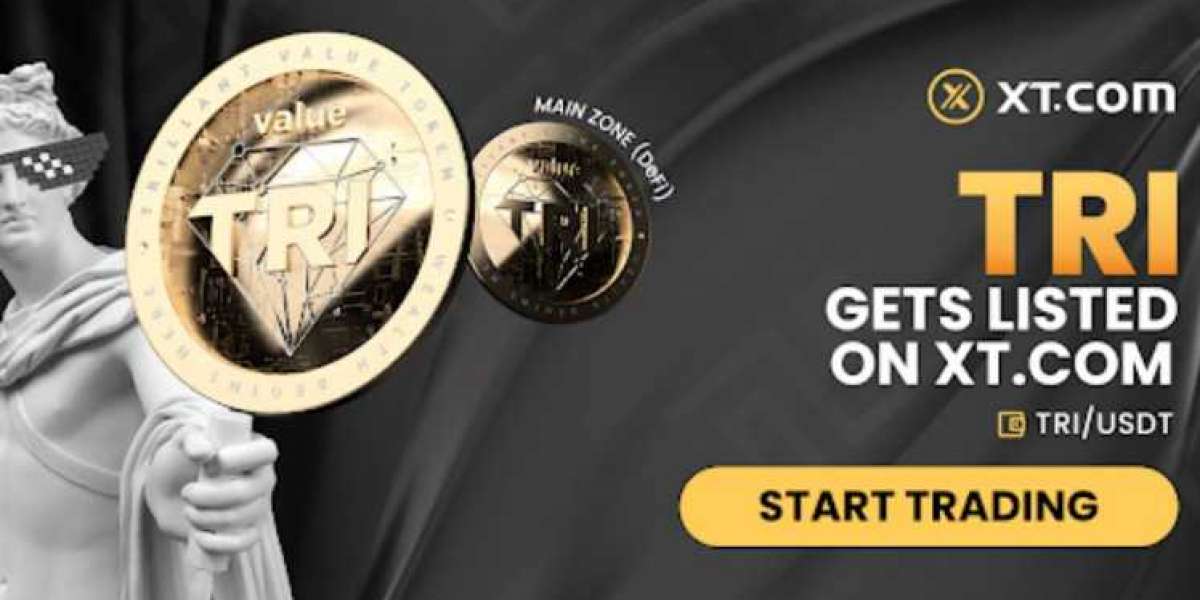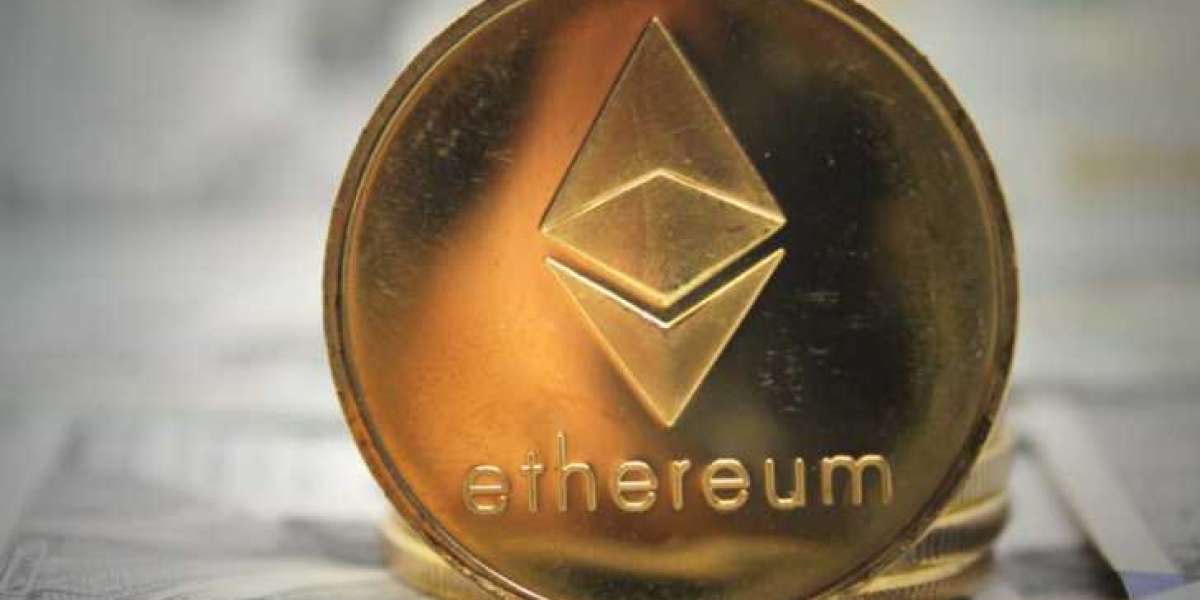As an added bonus, it provides a secure system without making users deal with unnecessary hassles like complex passwords or identity verifications.
However, the decentralized nature of blockchain technology is currently trending everywhere. The developers of the blockchain are mulling over this idea to give users more control over their possessions and finances. This article serves as a comprehensive resource for anyone interested in learning more about the decentralized identity concept as it pertains to blockchain technology and its potential future uses.
What Exactly Does "Decentralized Identity" Imply?
A user's decentralized identity is one that is not controlled by any external entity, as suggested by the term's name. It's purpose is to guarantee honest data transfer between parties. The idea of "decentralized identity" is predicated on a trust framework for handling individual identification documents. It's a concept from the third generation of the Internet.
Personally Identifiable Information (PII) is the data that can be used to specifically identify a single individual or a group of individuals. Personally Identifiable Information, or PII, is information that can be used to identify a specific individual. Age, citizenship, employment status, biometrics, address, credit card accounts, and credit history are all part of the information that has been collected.
Decentralized digital identities also necessitate data from electronic devices in addition to personally identifiable information. The user's search history, passwords, usernames, purchase history, etc.
By utilizing a decentralized identifier, users are able to regain command of their personal data and only share the information that is required for verification purposes. Using decentralized identity management, users and businesses can interact in an open and trusted environment.
problems with the centralized identity system
A primary benefit of decentralized identity is that it gives users control over their own credentials and data. It gives them control over how their data is used and makes the interface easy to navigate. Below, we list a few of the issues plaguing centralized systems that highlight the need for decentralized identity management.
Evidence of Who You Are
Having a verifiable proof of existence is typically required for citizens to gain access to certain mandatory services in daily life. However, many people around the world do not have access to a government-issued form of identification.
Because of this, they are socially vulnerable because they cannot protect themselves by owning property, opening a bank account, obtaining gainful employment, or exercising their right to vote. Lack of access to necessary forms of identification threatens the social freedom of the people.
Safety
The already existing identification systems are centralized and considered to be unsafe and are usually avoided by the public. Centralized data bases are easy targets for cybercriminals because of their increased vulnerability to fraud. The lack of adequate security measures has resulted in a number of reported incidents in the past where the information of investors has been stolen by scammers.
Ownership
Users have no say over who has access to their data or credentials in centralized systems. Users cannot learn about the value created by their data using the conventional method of establishing digital identity. Other parties have access to users' personally identifiable information. As a result, the system becomes more convoluted because no single user can lay claim to the identity.
Why and how does decentralized identity solve these problems?
When it comes to identity, the problems with the centralized mechanism are solved by decentralized identity systems, which give users full authority over their data and resources. It opens the door for digital identities to be used across multiple services while still maintaining security and user interest. The decentralized identity network requires only a secure internet connection and a device to operate.




Alphonsus Odumu 4 w
Blockchain tech